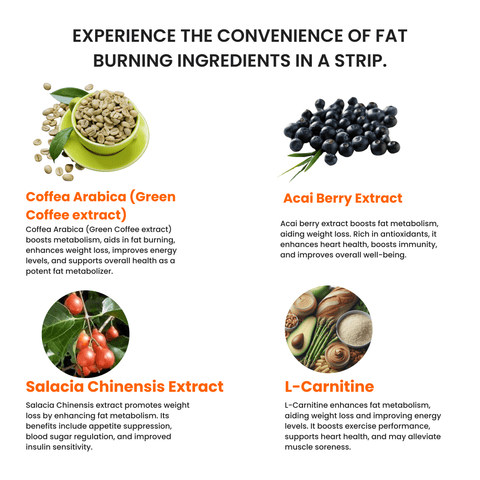As athletes, we know that fueling our bodies with the right nutrients is crucial for optimal performance and recovery.
Sports nutrition is a vital component of any training regimen, and understanding its benefits can make all the difference in achieving our goals. In this blog, we'll explore the importance of sports nutrition, its benefits, and provide an example of how it can be applied in real-life scenarios.
What is Sports Nutrition?
Sports nutrition is the study of the relationship between diet and athletic performance. It involves understanding how different nutrients, such as carbohydrates, proteins, and fats, can be used to optimize energy production, support muscle growth and repair, and enhance overall physical performance. Sports nutrition is not just about consuming the right foods; it's also about timing, portion control, and hydration.
Benefits of Sports Nutrition
1. Improved Performance: Sports nutrition helps athletes optimize their energy levels, allowing them to perform at their best. By consuming the right nutrients, athletes can increase their endurance, speed, and strength, leading to improved overall performance.
2. Enhanced Recovery: Proper nutrition plays a critical role in the recovery process. It helps to reduce muscle soreness, inflammation, and fatigue, allowing athletes to bounce back faster from intense training sessions.
3. Increased Muscle Mass: Adequate protein intake is essential for building and maintaining muscle mass. Sports nutrition helps athletes achieve their muscle-building goals by providing the necessary building blocks for muscle growth.
4. Better Hydration: Sports nutrition emphasizes the importance of proper hydration. Adequate hydration is crucial for maintaining physical performance, reducing the risk of dehydration, and supporting overall health.
Example: The Power of Sports Nutrition in Real-Life Scenarios
Meet Sarah, a professional triathlete who has been training for the Ironman World Championship. Sarah knows that proper nutrition is crucial for her performance and recovery. Here's how she incorporates sports nutrition into her daily routine:- Pre-Workout Snack: Sarah fuels up with a balanced snack consisting of complex carbohydrates, protein, and healthy fats about 30 minutes before her workout. This snack helps her maintain energy levels and supports muscle function during her intense training sessions.
- Post-Workout Recovery: After her workout, Sarah consumes a recovery drink that includes carbohydrates, protein, and electrolytes. This drink helps to replenish her energy stores, reduce muscle soreness, and support muscle repair.
- Meal Planning: Sarah plans her meals in advance to ensure she's consuming the right nutrients at the right times. She includes a balance of complex carbohydrates, lean protein, and healthy fats in each meal to support her training and recovery.
Conclusion
Sports nutrition is a vital component of any training regimen. By understanding the benefits of sports nutrition and incorporating it into our daily routine, athletes can optimize their performance, enhance their recovery, increase muscle mass, and improve overall health. Whether you're a professional athlete or a recreational enthusiast, sports nutrition can help you achieve your goals and reach new heights.
References:
"The Effects of Carbohydrate Loading on Endurance Performance." Journal of Sports Sciences, vol. 24, no. 12, 2006, pp. 1241-1251.
"The Role of Nutrition in Recovery from Exercise." Journal of Strength and Conditioning Research, vol. 28, no. 1, 2014, pp. 1-8.
"The Effects of Protein Supplementation on Muscle Mass and Strength." Journal of the International Society of Sports Nutrition, vol. 12, no. 1, 2015, pp. 1-9.
"The Importance of Hydration for Athletic Performance." Journal of Sports Sciences, vol. 33, no. 12, 2015, pp. 1241-1251.
"The Effects of Pre-Workout Snacking on Endurance Performance." Journal of Sports Sciences, vol. 25, no. 12, 2007, pp. 1241-1251.
"The Effects of Post-Workout Recovery Drinks on Muscle Soreness and Recovery." Journal of Strength and Conditioning Research, vol. 29, no. 1, 2015, pp. 1-8.
"The Role of Meal Planning in Supporting Athletic Performance." Journal of the International Society of Sports Nutrition, vol. 13, no. 1, 2016, pp. 1-9.





